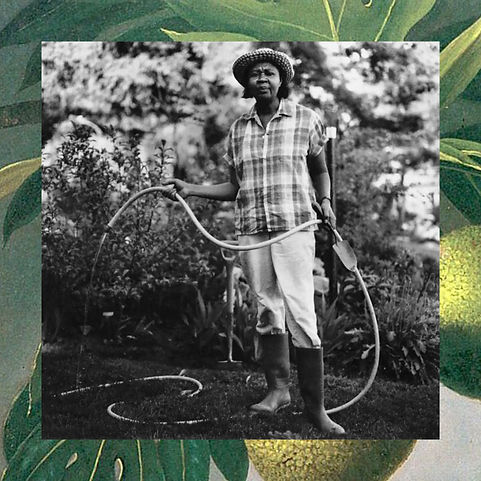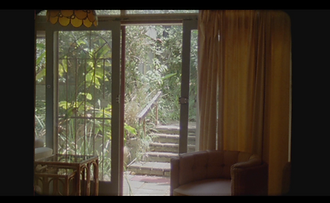



Tending the shy weed is a curatorial research project by Laura Plant which looks at the transitory lives of plants in a globalised world. It assembles as a series of fragmented curatorial responses bringing together artistic practices which invoke marginal human encounters with these botanical subjects. It asks how, in staging plants as complicit participants and witnesses in the geopolitical territories within which they circulate, artists not only have the capacity to trace stories of empire entwined with plant histories and environmental violence but also to gather a feeling response to plant-human relations. Speculations emerge from theories of plant intelligence, disrupting the image of a ‘passive’ nature and attesting instead to a complexity of plant-life that goes beyond extractive resource. In 2019, these investigations will be situated from the two vantage points of the UK and Mexico, with curatorial responses taking place in London, Michoacán and Oaxaca, investigating the different ways plant kinships permeate through culture and place.
The project takes it’s name from Mimosa Pudica, otherwise known as the bashful, humble or shrinking plant, which is native to Central and South America. The plant, which was first introduced to Europe by collectors to grow in ornamental gardens yet is also considered an invasive weed and agricultural threat in many regions, has been of interest in plant ontology studies due to it’s response to physical stimuli and it’s ability to retain memory of these interferences.
events
I. These two exchange limbs
South London Botanical Institute /
9th May 2019
An evening of reading, performance and film by contemporary artists, gesturing towards a ‘feeling’ approach to the study of plants.
Contributions from artists Lorena Ancona, Gabriella Hirst, Ingela Ihrman, Inês Neto dos Santos and Mónica Rivas Velasquez with a screening of the late Orcadian film-maker Margaret Tait’s short film ‘Garden Pieces’.
Situated in the context of the Victorian house and gardens of the South London Botanical Institute, this event will vocalise alternative biosocial histories and put forward ways of communing with vegetal life. Through these artistic testimonies, which divert from the codified language and values of traditional botanical science, 'These two exchange limbs' listens for fugitive plant biographies.
The event will frame botany through emotional encounter and recollection; drawing on the personal, the spiritual and the micro-political. Invoking the affective register, we will propose a reading of the wider issues at stake in considering our plant-human relations.
Mother, mother, Inês Neto dos Santos (glasswork in collaboration with Gerald Mak), at Darlings of the Underground © DATEAGLE ART 2019

II. Ellos me llaman
Reading + dinner in Michoacán, Mexico
Guapamacátaro Art + Ecology residency
An outcome of research developed during the residency, centred on eight plants growing on the site of the ex-hacienda Guapamacátaro. I investigated the plants’ movements into and out of Mexico, their histories, transformations and significances to the people there. Avocado, Maize, Tobacco, Water Hyacinth, Nopal, Datura, Rue and Amaranth.
Read more here

III. Communal reading event
Jamaica Kincaid - My Garden (book):
Jamaica Kincaid is an Antiguan-American novelist, essayist and gardener who lives in Vermont. My Garden (book): is a collection of essays originally written for Kincaid’s various gardening columns and it was first published in 1999.
This event was initiated as an attempt to collectively address crucial currents in plant politics in this moment; to consider the racial dynamics of gardening and cultivation, which are inseparable from the history of settler colonialism and it’s present manifestations. In this book, Kincaid situates her own experiences of gardening as oscillating between the spectres of the plantation and land dispossession in the former colonies of the British empire, and a politics of complicity in which she is compelled to enact conquests of her own in the tending of her garden, contemplating different forms of mastery and questioning the provision of white comfort and pleasure in the garden space. Alongside this, there is an affective knowledge of the plant world present in what she writes - a way of wielding language to try to approach the unknowable which, gestures towards a form of knowledge which resists the ‘order’ and rationality of 19th century plant science and its erasure of worlds.
Gathering to read this book collectively, drew out how vocalising texts can add shape and reorient meaning, and allowed us to think about what words do when read through multiple voices when exploring these urgent frames of thought.


